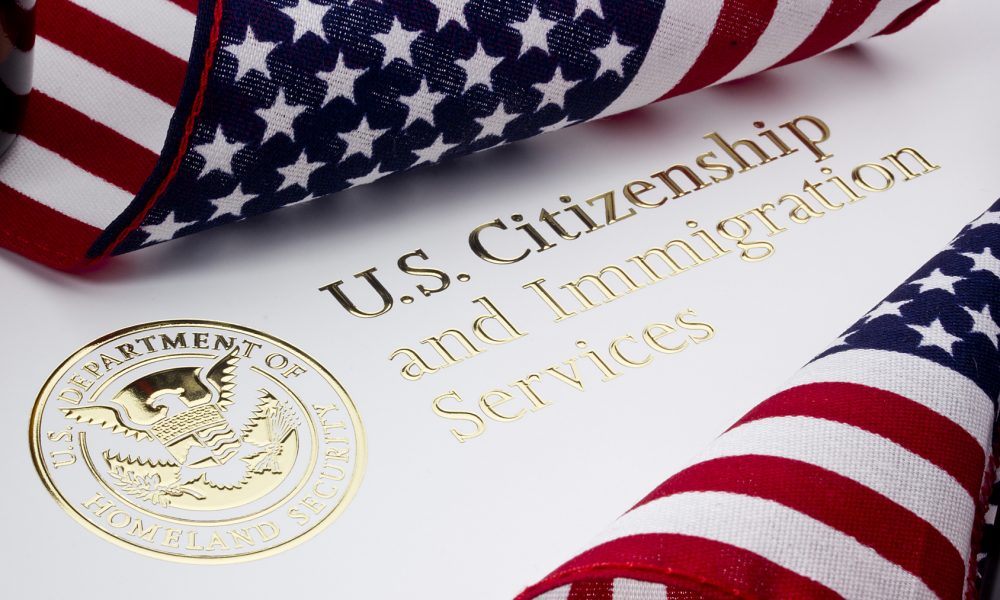
The Immigration and Nationality Act was enacted in 1965 with the intention of allowing 480,000 families every year to enter the U.S. on a family-based visa. However, if you are a permanent resident of the United States with loved ones still residing overseas, the process to bring family members to America can be complicated. Additional complexities to be aware of have also developed since President Trump took office.
Existing Immigration Law in 2018
The current policies regarding family reunification permit that permanent residents and U.S. citizens can sponsor a wide range of extended family, such as parents, siblings, and even adult children due to the many contributions family-based immigrants make such as economic expansion and community advancement.
To apply for a family visa, individuals should carefully follow each step and ensure to include all required documentation to reduce the likelihood that your family’s visa application may be denied.
Changes in Approval Rates After Administration Change
Despite the fact that there have not yet been any statutory laws instated, the total approvals for visas that are family-based have diminished substantially since President Trump acquired office. Before 2017, such a drastic plunge in how many family visas were approved had not occurred for more than 10 years according to the U.S. Citizenship and Immigration Services (USCIS).
In January 2017, family visa approval rates dropped 25% from where they were in 2016 despite the same number of families applied in both years. In 2017, approvals of I-130 visas for individuals other than immediate family were reduced by 70% when compared to the 2016 approval rates.
Fiancé visas were also approved 35% less in 2017 than they were in the previous year. USCIS has reported that there is only a specific number of visas for extended family that can be approved, and the more immediate concern for the agency is to assess visas that are more readily available. USCIS also reported that it is not unusual for the number of approved visas to change from year to year.
Objective for the Modifications
President Trump is urging the U.S. Congress to reduce or discontinue allowing sponsorship of family members by legal immigrants who are seeking to move their family to America. According to President Trump, the criteria for selection should be questioned as he perceives the standards to be barely existent, and this is why he believes there is an issue.
However, family immigration advocates emphasize that extended family members who are requesting a visa are actually carefully and meticulously investigated prior to getting approved, which is a lengthy process that could last several years.
President Trump believes that chain migration is a vulnerability to the security of the nation, and is concerned with regulating which family-based visas are approved. Also, the administration is seeking more structure regarding the ways in which family visas can be issued.
Legal immigration is now being scrutinized through a sequence of processes, which have reduced the efficiency in the government making decisions regarding visas specifically that are family-based (I-130s, for example).
A proposal for the RAISE act was suggested to adjust the structure of the immigration process that would only allow for only minor children and spouses of U.S. citizens and permanent residents to obtain visas. The announcement for the Senate Republican bill was given substantial coverage by the media.
Future Implications on Families Immigrating to the US
Attempts to limit the admittance of immigrant family members are hasty and misguided. “Families of immigrants actively work to support one another, create initiative, and bring more of an entrepreneurial outlook to the country,” remarkedSummer Goldman, federal crimes lawyer in St. Petersburg.
There is a little probability that this bill will pass the Senate, as it would require 60 supporting votes. The Republicans only have 52 votes and it’s very likely that some won’t support it. However, the principles of the act could impact immigration approvals in the future even if it does not pass.
Petitions for family visas that are pending currently or that are approved would not be impacted by this proposal. The USCIS is working on processing current requests, but the period of time for waiting may be as long as 17 years. As such, U.S. permanent residents or citizens who are considering sponsoring a member of their family should take action fast to complete their application.
Don’t worry. We can still help!
Even though obtaining a family visa can be complex, U.S. citizens or permanent residents should not feel apprehensive to apply for a visa for a loved one. Family members should instead take initiative to get the application submitted before any federal changes are made.
Approval is still possible even though there have been fewer approvals than in the past. Because of this, it is imperative that families applying for visas take care to carefully complete the application process. Book a consultation with our US Immigration Attorneys to speak about your future immigration goals!






